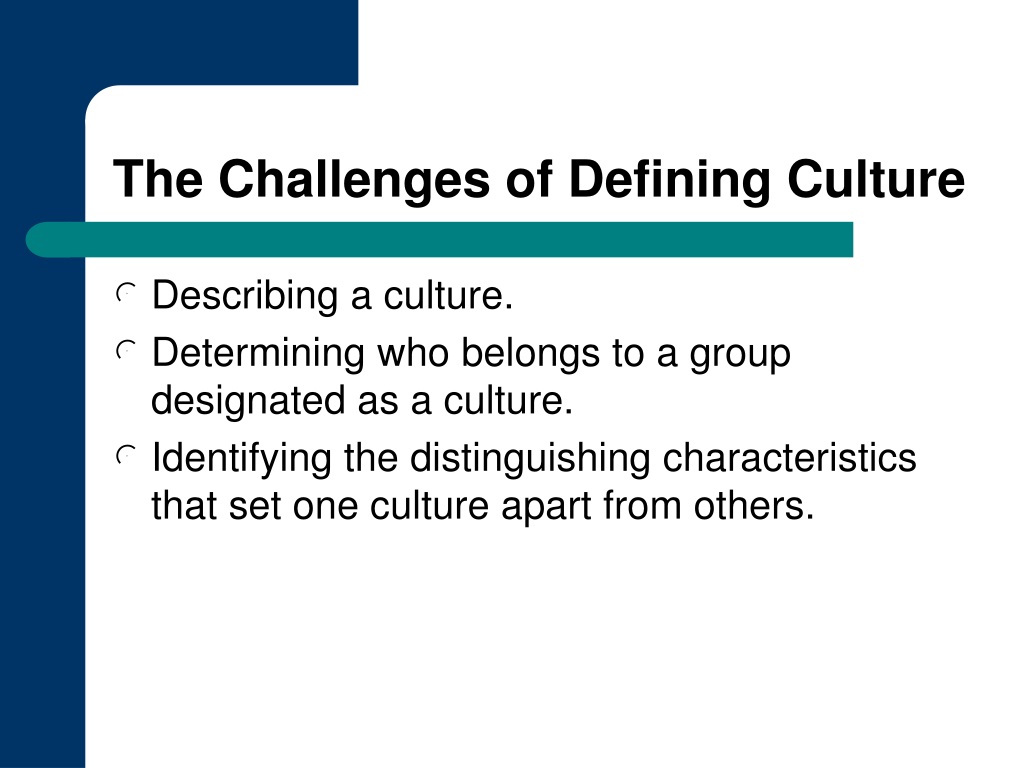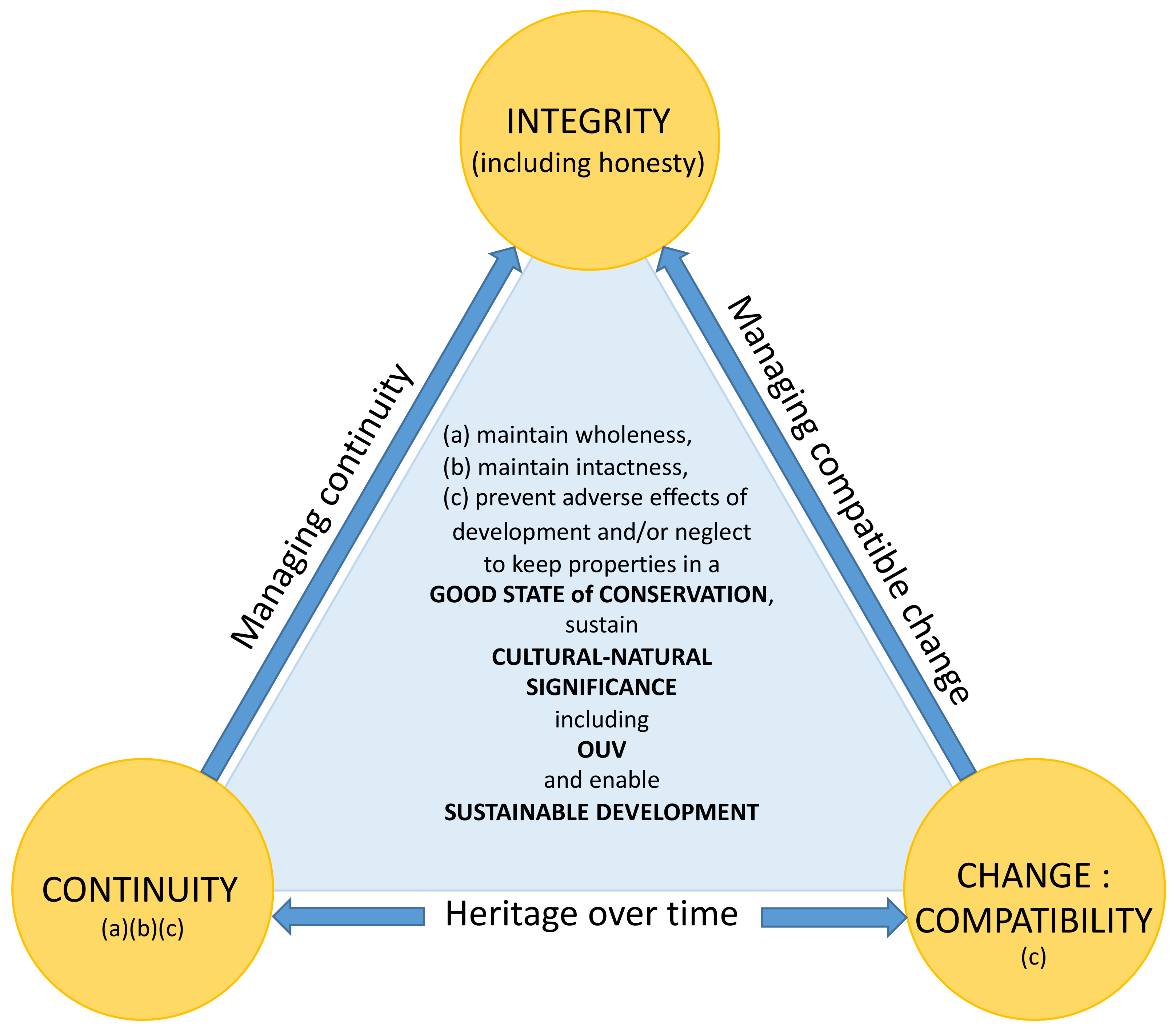

To be a culture champion and lead your work force toward higher performance levels is not easy. The best culture champions are trusted influencers, natural leaders and skilled in coaching and developing others. They can come from all levels and functions. Our data tells us the the most effective culture champions consistently:

The good news is that there is a lot opportunity for performance improvement when it comes to cultural clarity and alignment. A survey of over 750 corporate leaders with titles of Vice President or above reported that four-fifths of these leaders felt that a high-performing culture was critical to success but only one-fifth of them felt they had achieved their goal.Įight Attributes of the Best Culture Champions Our organizational alignment research found that corporate culture (how work gets done) accounts for 40% of the difference between high and low performing teams and organizations. Savvy leaders now accept that culture can profoundly affect a company’s success. They understand that a strong workplace culture can improve productivity, enhance performance, increase employee engagement and raise retention levels.Īnd the opposite is also true. A weak or toxic culture drags down all measures of success. Employees don’t have the necessary guidelines around what is standard or appropriate behavior. The result is often confusion, redundancy, and impaired or abnormal functioning.Įven with a winning strategy, companies and teams are not firing on all cylinders. To help teams to perform at their peak, leaders need to create the circumstances that will support and align with their strategic ambitions. We know that how leaders define and shape their company culture will critically define and shape the success of their corporate strategies. Send us feedback about these examples.We define a culture champion as someone of influence who believes that organizational culture has a significant impact on business and people results and acts accordingly. These examples are programmatically compiled from various online sources to illustrate current usage of the word 'acculturation.' Any opinions expressed in the examples do not represent those of Merriam-Webster or its editors. Seriously Science, Discover Magazine, 26 July 2017 The encroachment of cultivation on Yamino and similar communities has piled further pressure on the region’s Indigenous groups, who were already struggling with inequality, acculturation and the loss of languages. 2010 Women of diverse backgrounds (n = 275) reported on craving frequency and triggers and completed validated measures of acculturation. Keith Kloor, Discover Magazine, 17 Mar. 2012 Archaeologists and anthropologists have imposed disease, demographic collapse and acculturation as explanations of discontinuity and cultural extinction. 2022 Much of this occurred via assimilation and acculturation of non-Russian Uralic and Altaic populations.

2012 While there is tremendous diversity among Asian Americans in terms of levels of education, income, acculturation, exposure to war or other trauma, about 60% of all people of Asian descent were born outside the United States, according to 2020 census data.

2013 This is in large part due to acculturation. 2023 The last extensive pagan regions of Europe, along the southeast shore of the Baltic, remained so into the 14th century, illustrating just how long the process of religious acculturation could take. Joseph Bernstein, New York Times, 20 Sep. Feldman, who is not really the dance-like-no-one-is-watching type. Recent Examples on the Web Still, there was an acculturation process - particularly for Mr.


 0 kommentar(er)
0 kommentar(er)
